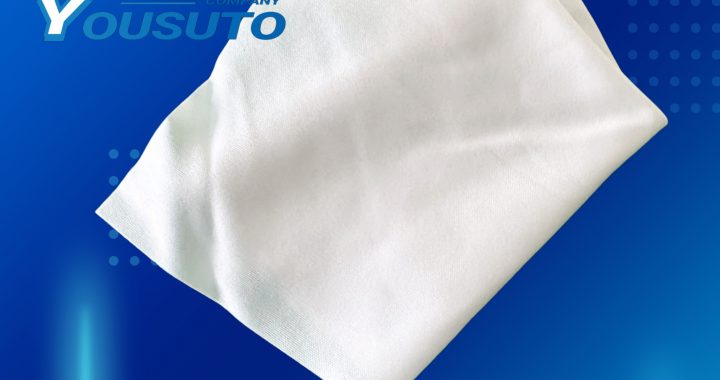High-density cleanroom wipes are crucial for efficient cleaning in sensitive environments. Proper selection and usage maximize particle removal, absorbency, and equipment protection.
Key Features:
-
Tightly Woven Fibers: Enhance particle capture and surface contact.
-
High Absorbency: Efficiently removes oils, dust, and residues, reducing wipe consumption.
-
Lint-Free and Non-Abrasive: Prevents scratches and contamination on delicate instruments.
-
Durable Construction: Withstands repeated wiping and contact with chemicals like IPA or deionized water.
Selection Strategy:
-
Surface Compatibility: Choose wipes suitable for delicate optics, electronics, or lab surfaces.
-
Absorbency Requirement: High-density wipes are preferred for heavy residue or spill cleaning.
-
Antistatic Properties: For ESD-sensitive environments, select wipes with antistatic treatment.
-
Chemical Resistance: Ensure compatibility with IPA, solvents, or cleaning agents used in the cleanroom.
Application Tips:
-
Unidirectional Wiping: Reduces particle redistribution and maximizes cleaning efficiency.
-
Pre-Wetted Option: Use pre-saturated wipes for time-efficient and consistent cleaning.
-
Single-Use Handling: Prevents cross-contamination by discarding wipes after use.
-
Proper Storage: Maintain sealed containers to preserve wipe integrity and cleanliness.
Applications:
-
Semiconductor Manufacturing: Cleans wafers, PCBs, and sensitive components.
-
Laboratories: Wipes benches, instruments, and glassware efficiently.
-
Optical Equipment: Maintains clarity of lenses, microscopes, and sensors.
-
Cleanroom Surfaces: Supports Class 100–1000 standards for particle-free environments.
Benefits:
-
Enhanced Cleaning Performance: High-density design captures more particles per wipe.
-
Protects Sensitive Surfaces: Lint-free, non-abrasive fibers reduce damage.
-
Reduces Waste: High absorbency decreases the number of wipes needed per task.
